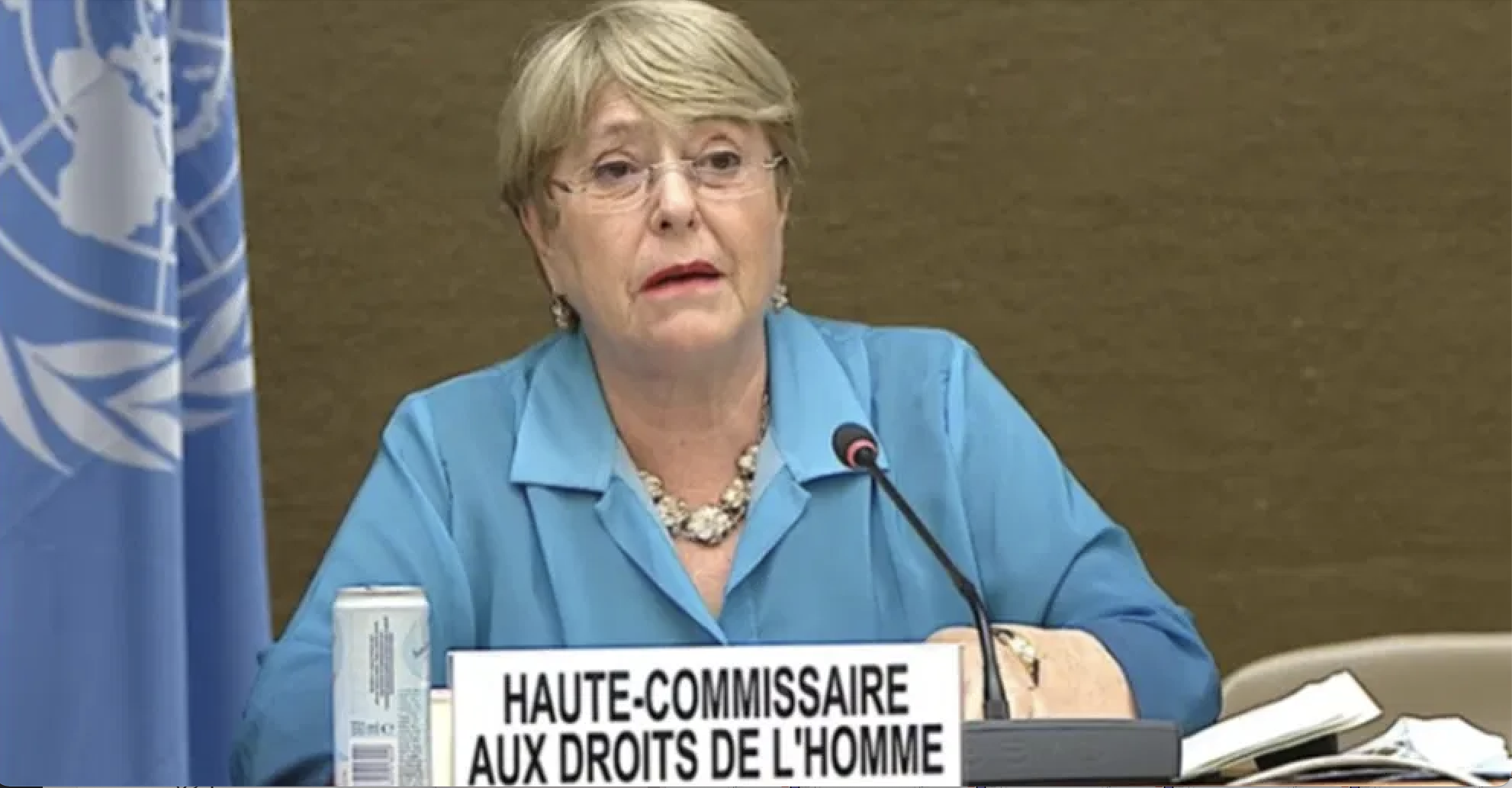UN High Commissioner calls for urgent change in Nicaragua’s approach to upcoming elections
Yesterday, June 22, United Nations High Commissioner for Human Rights Michelle Bachelet delivered an oral update on the situation in Nicaragua before the UN Human Rights Council. Bachelet expressed her […]

Yesterday, June 22, United Nations High Commissioner for Human Rights Michelle Bachelet delivered an oral update on the situation in Nicaragua before the UN Human Rights Council. Bachelet expressed her concern at the rapid deterioration of the human rights situation in Nicaragua, which “makes it unlikely that Nicaraguans will be able to fully exercise their political rights in the elections on 7 November.”
Bachelet expressed regret that the State of Nicaragua has failed to comply with almost all of the recommendations made by the Human Rights Council and the Office of the High Commissioner for Human Rights (OHCHR) since the beginning of the country’s socio-political crisis in April 2018.
The High Commissioner also denounced various acts of repression carried out by the National Police, paramilitary forces, pro-government media, and other state actors against human rights defenders, student activists, independent journalists and media outlets, lawyers, social and political leaders, indigenous communities in the Northern Caribbean region, rural campesino communities, and the family members of those killed during the 2018 protests.
Bachelet stated that recent detentions of political opposition leaders were carried out “under ambiguous criminal offences and without sufficient evidence” and furthermore “were marked by serious violations of due process.” These criminal offenses were established in the recently passed Law against Money Laundering and Terrorist Financing; Law in Defense of the Right to the People to Independence, Sovereignty, and Self-Determination; and a reform to the Criminal Processing Code that allows pre-trial detention for up to 90 days. The OHCHR and other international actors have challenged these laws on human rights grounds.
Bachelet stated that although Nicaragua adopted an electoral reform law in May of this year, “it fails to introduce safeguards to guarantee the impartiality and independence of electoral authorities and it unduly limits the rights to freedom of expression, association, peaceful assembly and political participation.”
Bachelet called on the Government of Nicaragua to implement major changes before the upcoming general elections, including immediately freeing all those detained arbitrarily, ending all persecution against dissidents, ensuring the enjoyment of the civil and political rights required for free and fair elections, and ending legal efforts to close civic space. She also called on the Human Rights Council to “urgently consider all measures within its power to strengthen the promotion and protection of human rights in Nicaragua” and restated that the OHCHR and other international mechanisms should be allowed to return to Nicaragua immediately.
Nicaraguan Foreign Minister Denis Moncada Colindres spoke in response to the oral update, stating that he took the floor to “defend justice and peace, defend Nicaragua’s right to live without outside interference, and to say, ‘enough is enough.’”
The delegations of more than 59 countries signed a joint declaration urging the State of Nicaragua “to engage with the international community, to avail itself of technical assistance, to allow international election observers, and to re-establish dialogue and renew trust in democracy.” The delegations of the European Union, Switzerland, France, Argentina, and Liechtenstein each issued statements regarding the human rights situation in Nicaragua, as well.
Statement
The International Institute on Race, Equality and Human Rights (Race and Equality) supports all efforts by the United Nations to assist Nicaragua in overcoming the socio-political crisis that still grips the country. In the lead-up to November’s general elections, we request that the Office of the High Commissioner for Human Rights and the Human Rights Council continue monitoring the situation in Nicaragua and denouncing human rights violations. We also call upon the State of Nicaragua to free its political prisoners immediately and unconditionally, end repression of dissidents, allow international human rights actors access to the country, and take all other measures needed to ensure free and fair elections on November 7th.

